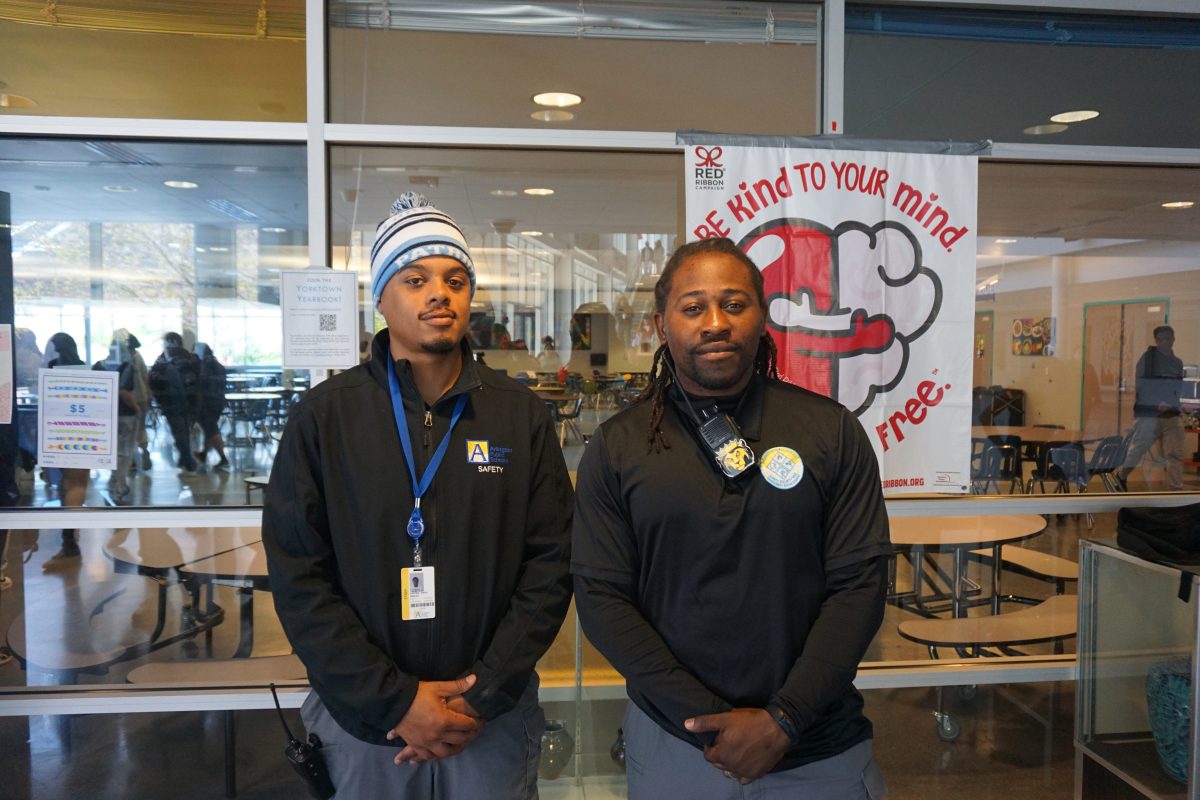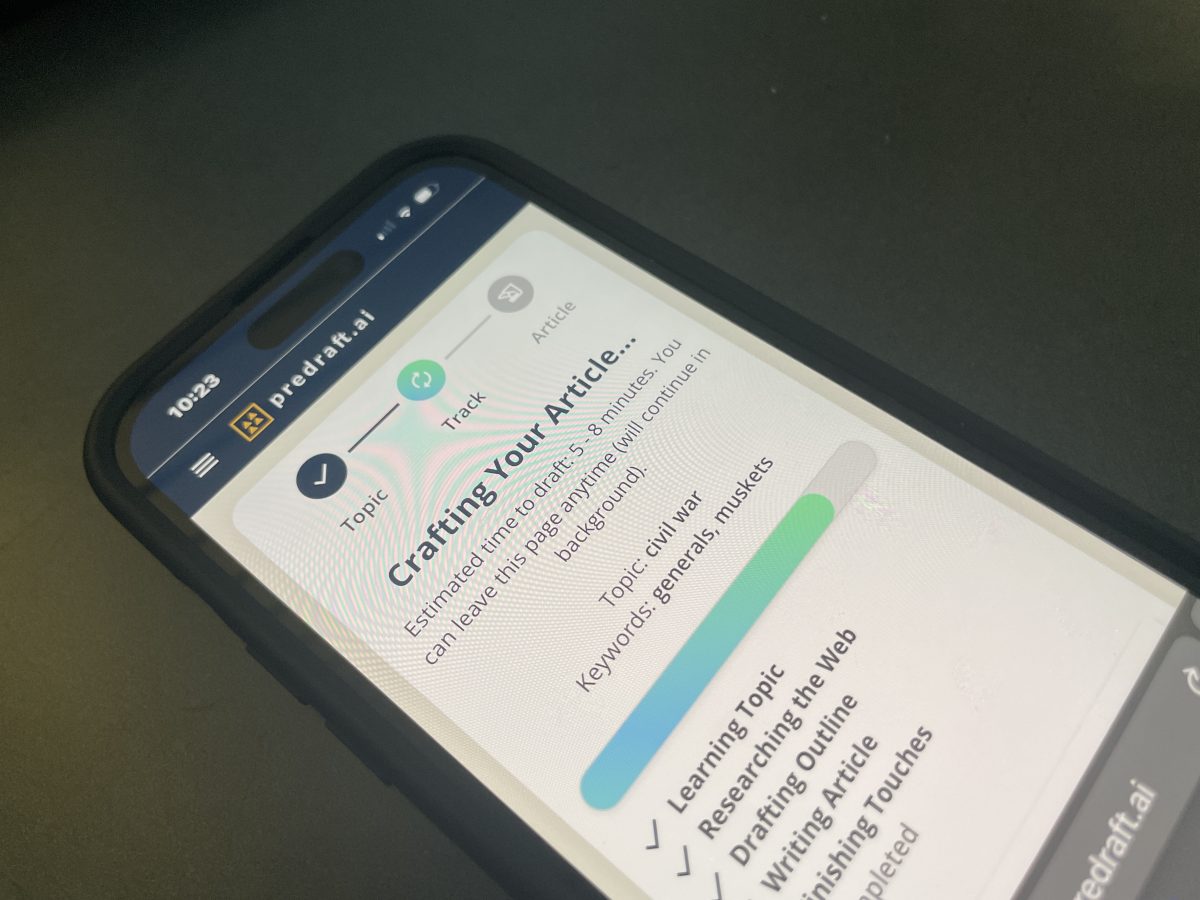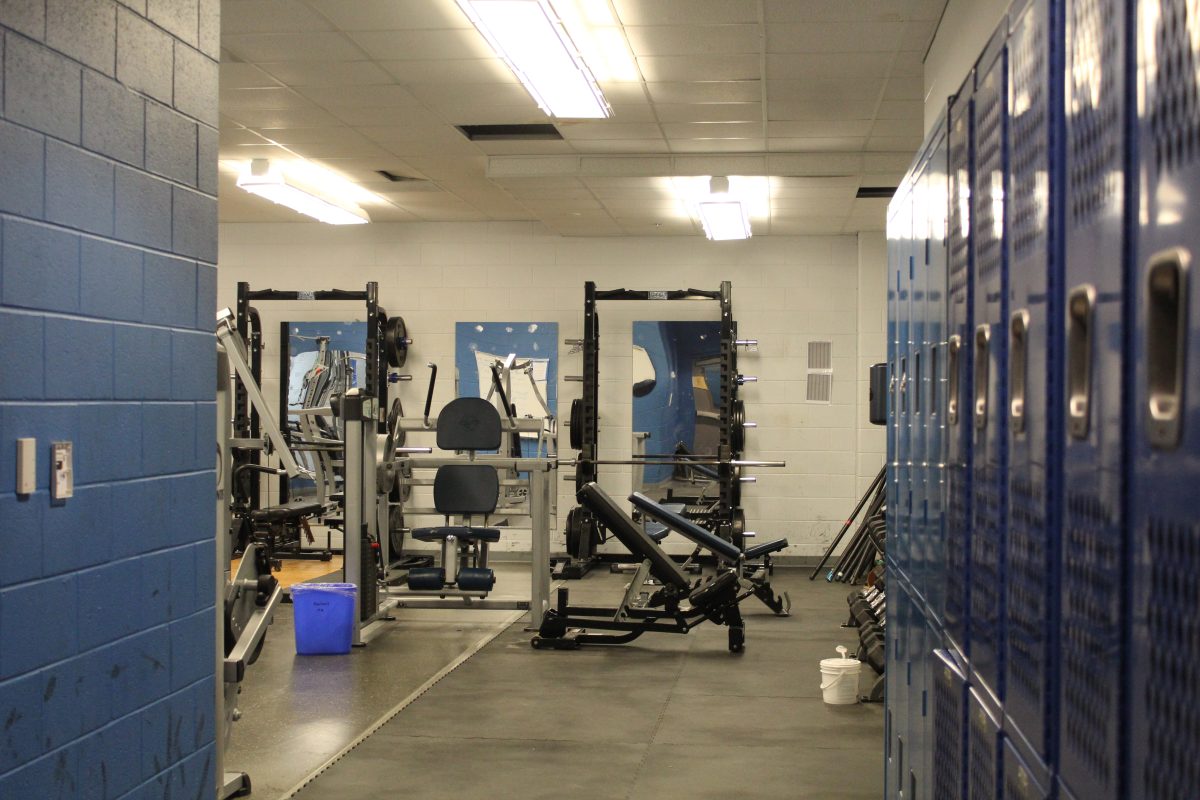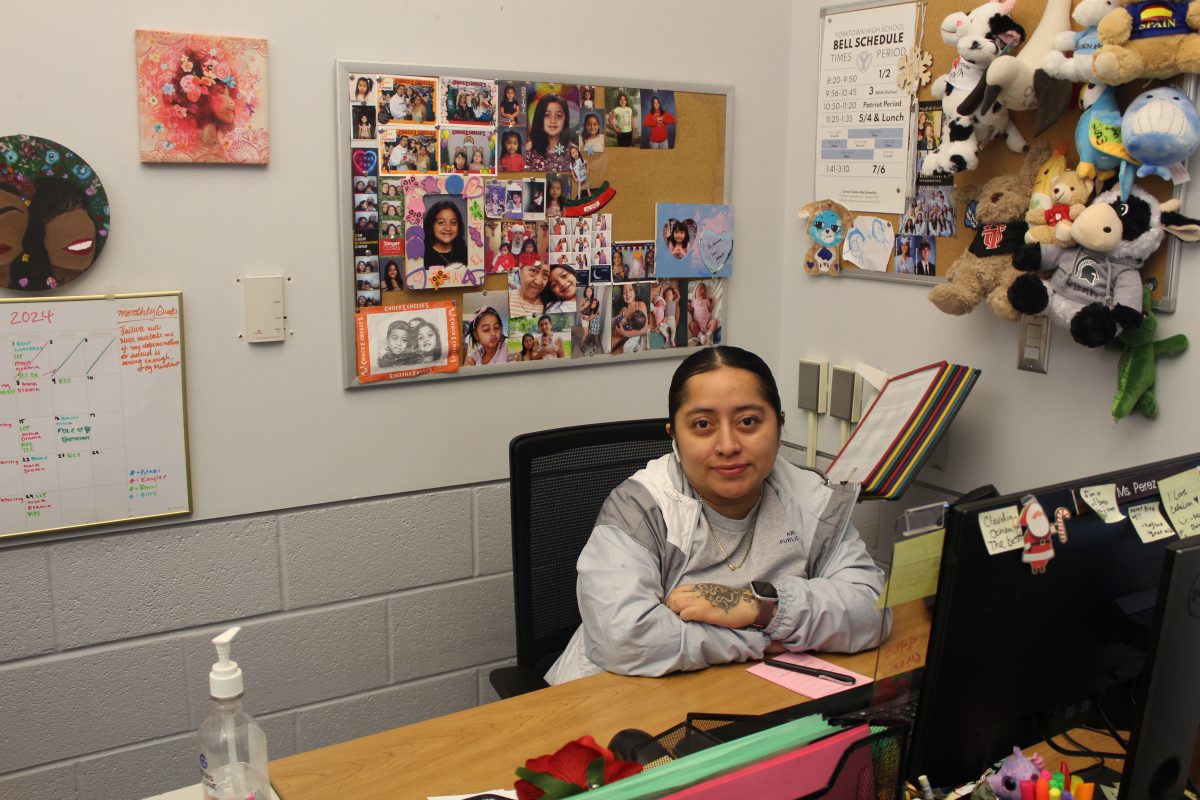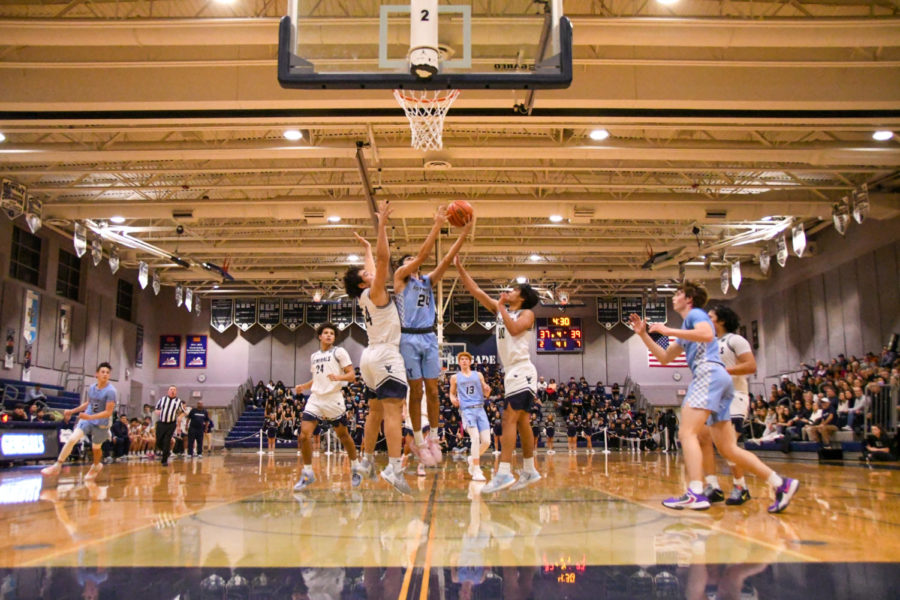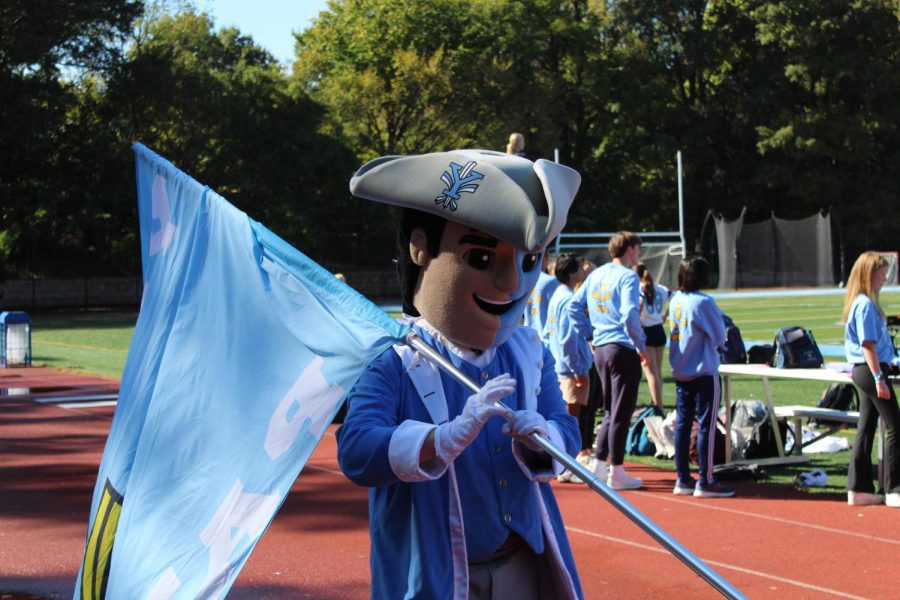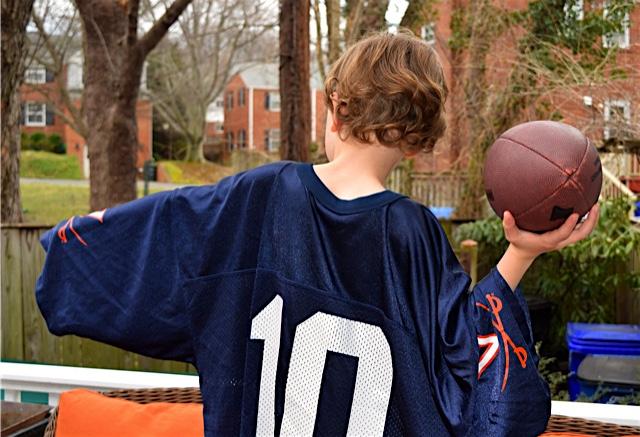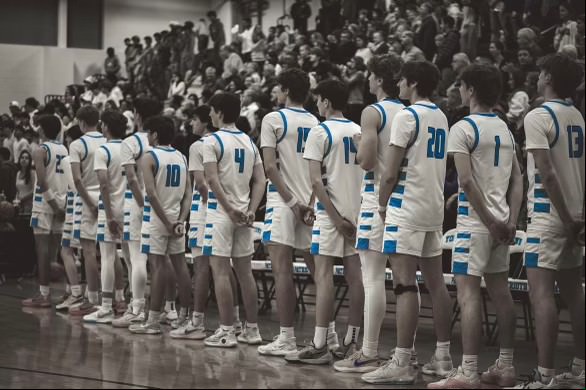Imagine being in middle school and already knowing that your academic future was set. It sounds crazy, but in the modern age of college recruiting, coaches are offering scholarships to freakishly talented athletes earlier and earlier in their careers. One of the most prominent cases of this was David Sills, who was recruited to play quarterback for the University of Southern California’s (USC) football team when he was just in seventh grade. He was groomed to be a football player almost from birth, and showed unprecedented sophistication in the mental aspects of the game in addition to having a golden arm. When former USC head coach Lane Kiffin saw this kid, he could not offer him a scholarship quickly enough.
This style of recruiting is becoming more and more common, with athletes like Tate Martell, another young quarterback phenom, and Lebron James Jr. being recruited at a very young age. According to his famous father’s Twitter account, James received his first offer to play college basketball at the age of ten. Recruitment before high school seems to happen most often in the world of college football, with coaches seeking out the most gifted athletes and trying to snatch them up before a rival school can.
It all just seems wrong to me. It is unfair to call these kids student-athletes if they are attending school solely based off athletic prowess. Colleges are not even waiting to see what kind of grades the kids receive in high school. How much can they claim to care about academic standards on their sports teams? This system threatens the reputation of all college sports because it proves that academics come second to athletics. Colleges have become so obsessed with using sports to generate revenue that they have gotten their priorities all mixed up.
According to Forbes, the USC football program generates over 34 million dollars in revenue. The University of Texas makes over 103 million dollars off of its football team. When athletic programs see kids like David Sills, they see walking bags of money instead of student-athletes.
In order to reform the college recruiting process, schools should be forced to wait until an athlete’s sophomore year of high school to offer them a scholarship. This would give them a chance to see what their grades are like and make sure they are academically fit to go to college. Without changes, it would make more sense to remove the label student-athlete and just call these kids athletes.
However, not all colleges are just looking to use kids in this way. Yorktown junior Laura Crawford is an excellent girls lacrosse player, and she had a very different experience. Crawford started hearing from schools in the fall of her sophomore year, but they were all clearly interested in her academic record. She was forced to send her SAT scores and grades as part of the recruiting process.
It is important to note that Crawford committed to an Ivy League school, the University of Pennsylvania, which is one big difference between Crawford’s process and that of athletes who commit to powerhouse athletic schools. Just because her recruitment made sure it focused on academics does not mean that countless schools around the country are not doing otherwise.
If handled correctly like Crawford’s was, college recruiting at a young age can be beneficial for both parties. It confirms the student-athlete’s collegiate future and gives them a chance to get prepared, while the school is able to obtain the best recruits before someone else is able to. If more colleges follow the example set by prestigious academic institutions like the University of Pennsylvania, then early college recruiting will be harmless. If not, then the integrity of the entire system of collegiate education is in question.





